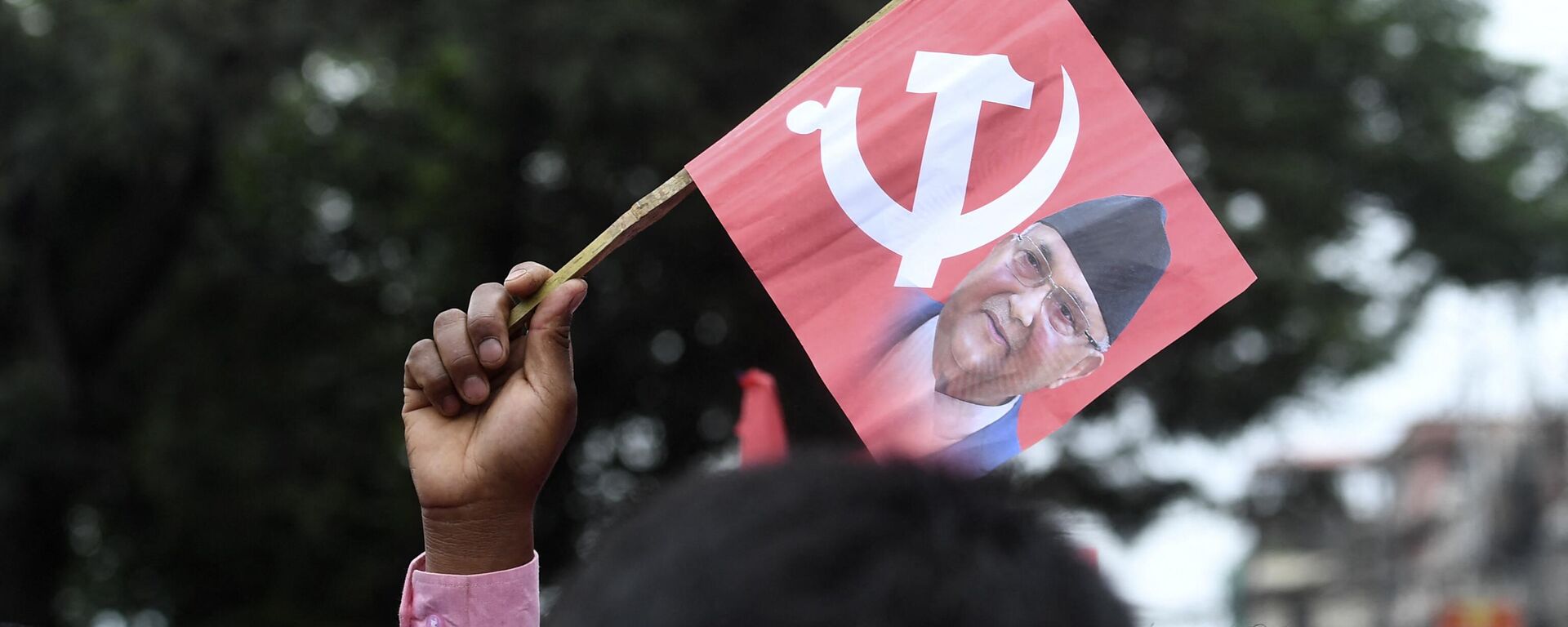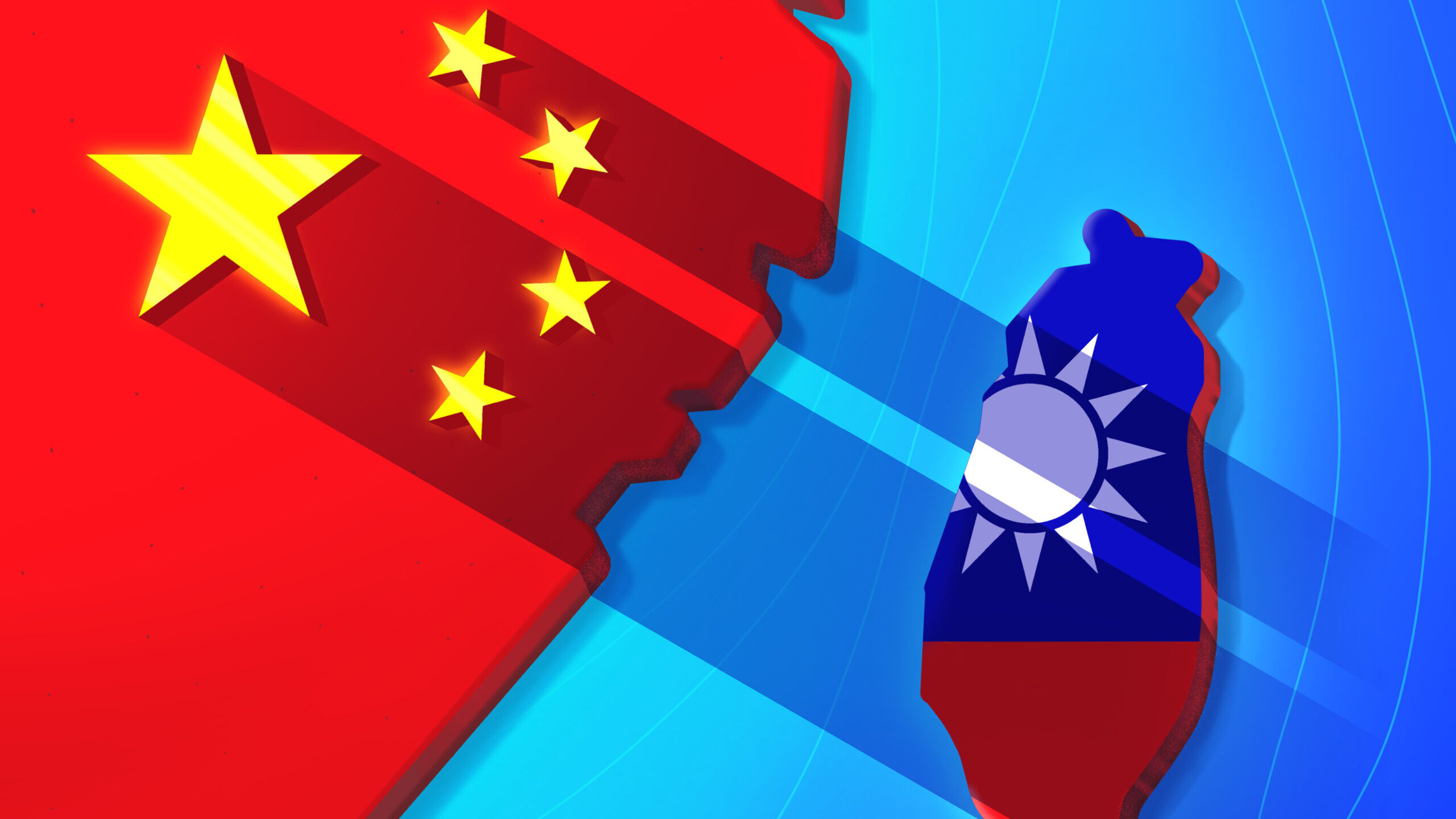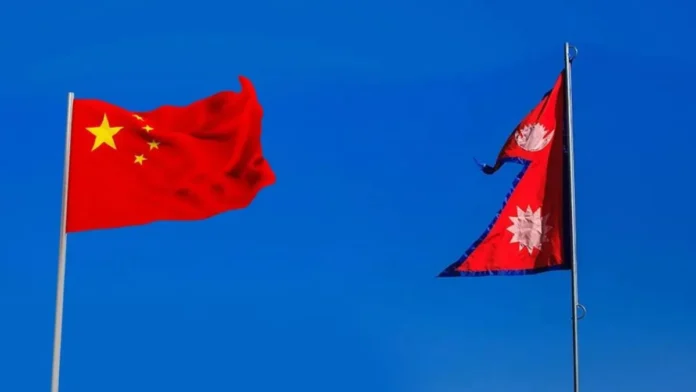Nepal’s recent reaffirmation of its adherence to the ‘One China policy’ has raised questions about the Himalayan nation’s political stance, particularly regarding its relationship with China and Taiwan. Nepalese Prime Minister KP Sharma Oli recently emphasized that no anti-China activities will be allowed on Nepalese soil, signaling Nepal’s strong alignment with China. This article delves into the reasons behind Nepal’s unwavering support for the ‘One China policy’, the implications for Nepal-Taiwan relations, and the broader geopolitical context.
Nepal’s Strong Support for the ‘One China Policy’
Prime Minister KP Sharma Oli’s declaration of Nepal’s commitment to the ‘One China policy’ reflects Nepal’s long-standing political alignment with China. The ‘One China policy’ asserts that Taiwan is an inseparable part of China and that countries having diplomatic relations with Beijing must recognize this position. In a recent meeting with a high-level Chinese delegation led by Chen Jining, a senior member of the Communist Party of China, Oli stressed that no anti-China activities will be permitted in Nepal, underscoring the country’s adherence to this policy.
/newsnation/media/post_attachments/images/2022/08/06/one-china-policy-76.jpg)
The ‘One China policy’ has been a cornerstone of Nepal’s foreign relations, especially since Nepal shares a long border with China and relies heavily on Beijing for economic support. Oli’s reaffirmation during his meeting with the Chinese delegation demonstrates how vital the ‘One China policy’ is to maintaining strong bilateral relations between the two nations.
Why Nepal Supports the ‘One China Policy’
One of the key reasons for Nepal’s unwavering support of the ‘One China policy’ lies in its geographical and economic reliance on China. The landlocked country shares a significant northern border with China, and Beijing has been a major player in Nepal’s infrastructure development and economic aid. With projects like the Belt and Road Initiative (BRI), China has become increasingly involved in building Nepal’s roads, airports, and energy infrastructure.
Additionally, China’s influence in Nepal’s political landscape has grown over the years. Nepalese politicians, including Oli, are often seen as pro-China, and their political parties, such as the Communist Party of Nepal (Unified Marxist-Leninist), have strengthened ties with the Communist Party of China. This relationship has been pivotal in ensuring Nepal’s continued adherence to the ‘One China policy’, which is also a diplomatic necessity for maintaining favorable relations with Beijing.

How the One China Policy Impacts Nepal-Taiwan Relations
The ‘One China policy’ has a significant impact on how Nepal handles its relations with Taiwan. Under this policy, Nepal does not recognize Taiwan as a separate entity but as part of China. As a result, Nepal does not maintain official diplomatic relations with Taiwan and discourages any activities that may be seen as supporting Taiwanese independence.
China has long pressured countries around the world to adhere to its ‘One China policy’ and discourage any pro-Taiwan movements. Nepal, being strategically located next to China, has consistently complied with Beijing’s stance. By doing so, Nepal ensures that it remains in China’s good graces, which is crucial for continued economic and political support. The ‘One China policy’ is thus not only a matter of foreign policy but also a practical approach for Nepal’s national interests.

The Taiwan Angle: Is Nepal Afraid of China’s Influence?
Nepal’s strict adherence to the ‘One China policy’ raises the question of whether the country is acting out of fear of China’s influence. China’s growing political and economic clout in Nepal has led many to believe that Nepal’s foreign policy decisions, particularly regarding Taiwan, are heavily influenced by Beijing’s pressure.
While fear may not be the sole factor, it is clear that Nepal’s economic dependency on China plays a major role in shaping its stance. China’s investments and aid are critical for Nepal’s development, and any deviation from the ‘One China policy’ could potentially jeopardize this relationship. Therefore, Nepal’s adherence to the policy can be seen as a strategic move to secure China’s continued support, rather than a direct fear of repercussions.
One China Policy and Nepal’s Economic Ties with China
Nepal’s commitment to the ‘One China policy’ also ties into its economic aspirations. During the recent meeting, Oli expressed hope for continued Chinese support in Nepal’s economic development, further highlighting the significance of China’s investments in Nepal. The Belt and Road Initiative (BRI), in particular, has brought significant infrastructure projects to Nepal, from highways to hydroelectric plants.
China’s support is essential for Nepal’s long-term development goals, especially as the country seeks to reduce its dependence on India, its southern neighbor. By strengthening its ties with China through the ‘One China policy’, Nepal ensures that it remains a priority for Chinese investment and aid. This economic interdependence underscores why Nepal cannot afford to adopt any stance that would oppose China’s core interests, including the Taiwan issue.
Political Stability and the One China Policy in Nepal
In addition to economic considerations, the ‘One China policy’ is also linked to Nepal’s internal political stability. Oli’s government, which has formed a coalition with the Nepali Congress, has made it clear that Nepal’s stability depends on maintaining favorable ties with powerful neighbors like China. By aligning itself with Beijing’s ‘One China policy’, the Nepalese government ensures that it has the political backing and support of China in case of internal or external political challenges.
This political alignment was emphasized during Oli’s meeting with the Chinese delegation, where discussions about bilateral relations and party-to-party collaborations between the Communist Party of China and the Communist Party of Nepal (Unified Marxist-Leninist) took center stage. By fostering these relationships, Oli’s government solidifies its political standing while ensuring stability in its foreign relations.
The Future of Nepal’s One China Policy and Taiwan’s Role
Looking ahead, Nepal’s commitment to the ‘One China policy’ is unlikely to waver. As China continues to expand its global influence, especially in Asia, countries like Nepal will continue to align with Beijing’s policies to secure economic benefits and political stability. The Taiwan issue, which remains a sensitive subject for China, will likely continue to influence Nepal’s foreign policy stance.
Nepal’s adherence to the ‘One China policy’ also reflects a broader global trend, where many countries are weighing the economic benefits of aligning with China against the potential consequences of supporting Taiwan’s independence. For Nepal, maintaining this delicate balance will be key to ensuring continued support from China while navigating the complex dynamics of global geopolitics.
Conclusion: Nepal’s Alignment with the One China Policy
Nepal’s strong commitment to the ‘One China policy’ is driven by a combination of economic dependency, political stability, and strategic interests. While fear of Chinese influence may not be the primary factor, it is clear that Nepal’s foreign policy decisions are heavily shaped by its desire to maintain favorable relations with China. As the Taiwan issue continues to be a flashpoint in global geopolitics, Nepal’s stance on the ‘One China policy’ will remain a critical component of its foreign policy.

